World Veterinary Day: Diversity in the sector
Saturday, 29 April is World Veterinary Day. This year’s theme promotes diversity, equity and inclusiveness in the veterinary profession. Unfortunately, as a sector, there is an evident lack of diversity, making this year’s theme all the more critical.
What do the statistics tell us?
The Royal College of Veterinary Surgeons (RCVS) produced interesting statistics from the Diversity and Inclusion Working Group (DIG) survey in 2019. Only 2.7% of veterinary nurses identified as male, and just 1.9% of nurses were from black and ethnic minority backgrounds. Over 90% of nurses identified as heterosexual, and 7.4% of nurses have a disability. Only 5.2% of nurses attended independent or fee-paying schools.
For veterinary surgeons, the numbers are less skewed, as 42% of veterinary surgeons identified as male. In addition, 3.5% of surgeons are from black and minority backgrounds and just under 90% identified as heterosexual. Over 30% of surgeons attended an independent or fee-paying school.
Why are these stats vital?
Although we are all familiar with diversity being a problem, particularly in the veterinary nursing role, seeing the statistics solidifies the problem and allows us to keep track and see progress in future numbers.
Why are diversity and inclusion essential?
People have unique personalities, backgrounds, lifestyles and opinions. Having a diverse range of people in any sector is essential for innovation and growth. We have all been through unique life experiences, so everyone has something different to offer.
Pet ownership is not linked to a particular gender, race, sexuality or socioeconomic background. Meaning the customer base of veterinary practices is incredibly varied. An equitable workforce could improve customer service and, most importantly, be more relatable to the customer.
The veterinary profession should mirror the people they serve. The DIG aims to break down selection, recruitment and retention barriers to encourage more diversity within the profession. Addressing such a significant issue may take time, but the wheels are in motion. Raising awareness of this is one step towards a more equitable sector.

